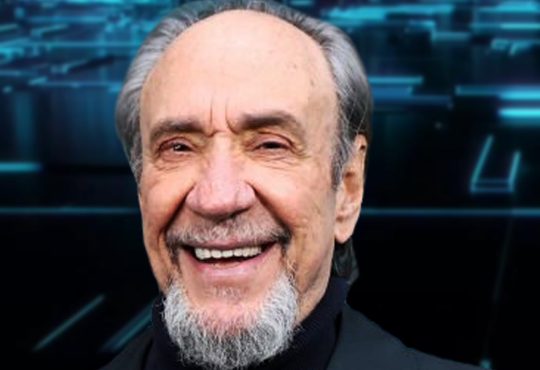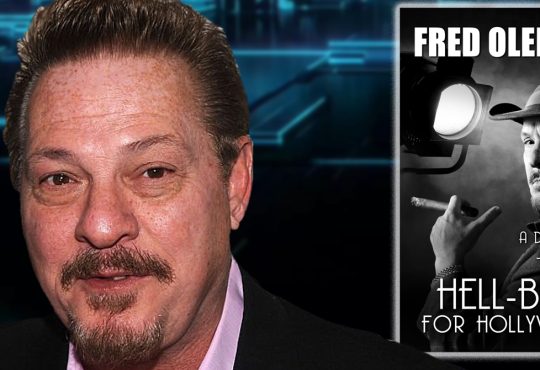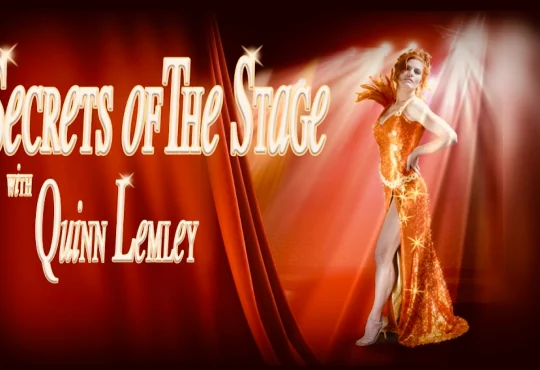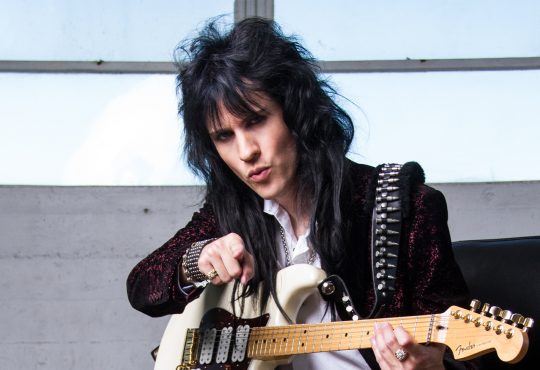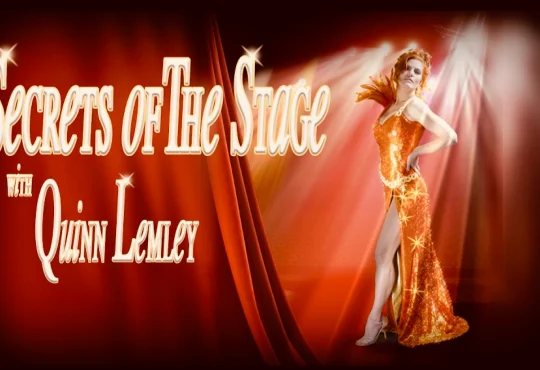‘Ted Lasso’ Recap: We’ll Have What Ted’s Having
A review of this week’s Ted Lasso, “Rainbow,” coming up just as soon as you have a ticket for Reba McEntire…
Early in “Rainbow,” Ted and the team are watching video of yet another Richmond loss in what increasingly feels like a wasted season for the club. Our hero suggests that the key to escaping the spiral is for the players to put their faith in communism — or rather, “rom-communism,” as in movies like When Harry Met Sally or The Wedding Planner. Why? As Ted explains, “Believing in rom-communism is all about believing everything’s gonna work out in the end.”
That belief in happy endings is definitely Ted Lasso’s ethos, but is it the ethos of the series named for him? Richmond did, after all, get relegated last season, and Ted’s marriage imploded along the way. A rom-communist like Ted would argue that those are only the second-act hardships that make the inevitable happy conclusion feel even more uplifting. And a lot of Ted Season Two has seemed to cling to that “everything’s gonna work out in the end” approach: the team is getting along, even if they’re not winning; Dr. Sharon fixed Jamie’s abhorrent personality in a single session; Keeley and Roy couldn’t be more in love. Yet there are also hints of darkness, from Nate’s arrogant treatment of Will to Ted’s loneliness on Christmas.
The balance of Ted’s optimistic worldview with acknowledgments that life isn’t always that easy is more delicate than it seems, as illustrated by an episode like “Rainbow.” Parts of it made me want to run through an airport to declare that Ted completes me, while others felt bumpier than may have been intended.
The Christmas episode didn’t really address the fallout from the team’s Dubai Air protest, but it didn’t really need to. (Ignoring the team’s first wins of the season, on the other hand, felt like a big missed opportunity.) “Rainbow,” though, suggests the show is skipping over the subject altogether. We return from Christmas break to see that the team jerseys now bear the logo of Bantr, the dating app Keeley is doing PR for and half the club seems to be using(*), and that is as far as any of it goes. Leaving aside whether a tech start-up would have the same marketing budget as an airline, this still feels like a huge storyline is being ignored, and an opportunity wasted. “Do the Right-est Thing” treated Sam’s protest as a big deal, not only in terms of elevating his role on the team, but because of the financial threat it posed to an operation that, as Rebecca explained earlier in that episode, is struggling mightily thanks to relegation. For Bantr to step in without explanation feels like a cheat even by rom-com standards. Plus, given what we unfortunately know about racism among U.K. football fans — said racism leading to Jason Sudeikis himself wearing a shirt in support of three black players from the British national team who were enduring bigoted harassment after England lost to Italy in the Euros — it feels inconceivable that such a public protest led by the Nigerian members of the team wouldn’t stir up some ugliness. (And that ugliness would in turn provide yet another opportunity for the team to come together in support of Sam and the others. Realism plus inspiration would be another emotional win for the show.)
(*) Rebecca has fallen hard for a mystery man who quotes Rilke, and at one point we see her messaging the guy, followed immediately by a cut to Ted looking at his phone. Is this a red herring, or is the show laying the groundwork for a bit of Rebecca-Ted rom-communism?
There’s also the matter of Nate, whose treatment of Will has thus far been ignored by Ted and Coach Beard, despite Ted being the kindest man in the world. That Nate has become terribly insecure — see also his pouting this week when his offer to help with Isaac is blithely dismissed — and is lashing out doesn’t feel out of character, even though his underdog story was one of the more satisfying ones of the first season. But it feels at times as if the show doesn’t quite have a handle on what’s going on with him and how it should be presented. His “Rainbow” subplot involves his struggle to get the all-important window table at his parents’ favorite Greek restaurant for their anniversary dinner, and it’s treated as a lighthearted opportunity for Keeley and Rebecca to teach him how to assert himself. I don’t think the creative team is blind to the contradiction — in the midst of all the joy over Roy’s return in the episode’s final scene, we also get a shot of Nate looking unhappy, because how can he hope to compete for attention with Roy bloody Kent? — but it’s coming across as disjointed so far.
All that being said, the rom-com climax of “Rainbow” makes most of those bumps worth it. If you know how ensemble TV shows work, you knew Roy wasn’t long for the TV analyst job, because it was keeping him separate from the majority of the cast. So it was only a matter of time before Ted talked him into coming back to Richmond, either as a player (unlikely, given the emphasis on his bad knees) or a coach. Roy is annoyed, of course, but also helps rekindle Isaac’s love of football by having him spend the night scrimmaging with a bunch of passionate amateurs at a local park. The experience ruins the TV gig for him, because it points out the difference between commenting on the sport and being a part of it. After a gag where various couples in the Richmond stands recreate the couple interview device from When Harry Met Sally, Roy walks off the set of his studio show and proceeds to combine the climaxes of Harry and Jerry Maguire, down to interrupting Ted’s speech to him by saying, “Shut up. Just shut up. You had me at ‘Coach.’” The whole sequence is marvelous, from Roy’s difficulty simply getting to, and then into, the stadium, to the crowd jubilantly singing Roy’s song when he arrives, to the normally stoic Coach Beard looking completely choked up by this turn of events.
And that’s the thing about rom-coms: Most of them have narrative bumps along the way (well, maybe not When Harry Met Sally, which is perfect), but when the happy endings are done well, everything that came before doesn’t matter as much. “Rainbow” fumbles a few of this season’s ongoing subplots, but it also gets the most important part exactly right. And when you want to spend the rest of your life with a show that makes you happy, you want the rest of your life to start as soon as possible, right?


